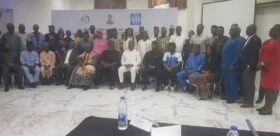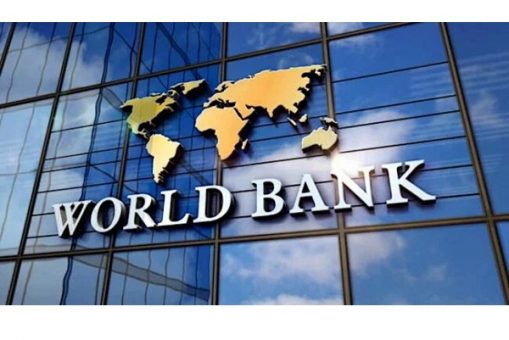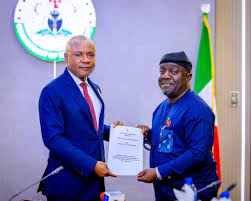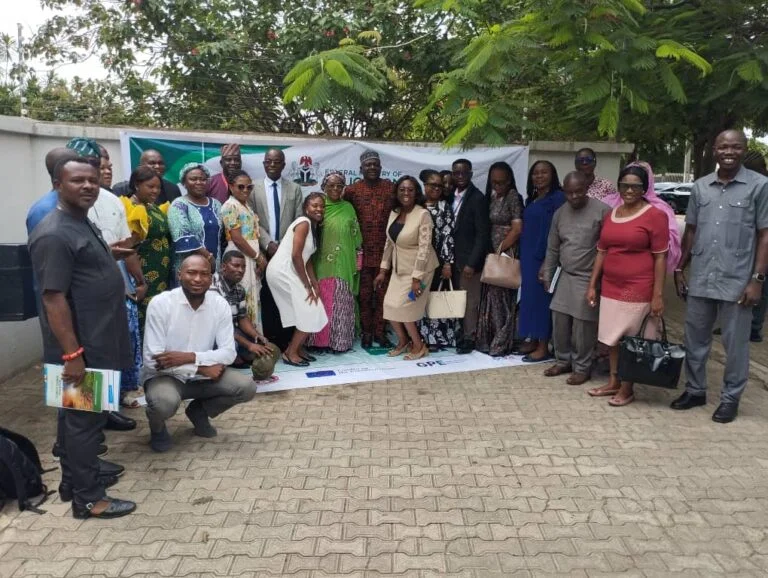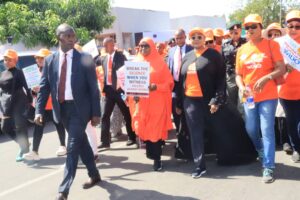The Federal Government and the World Bank have reviewed the performance of Independent Verification Agents (IVA) ahead of releasing 500 million dollars reimbursement for NG CARES 2.0 stakeholders.
The reimbursement for the Nigeria Community Action for Resilience and Economic Stimulus (NG CARES) Programme will cover stakeholders from the states and the Federal Capital Territory (FCT).
At the fourth zonal stakeholders’ consultative meeting on Friday in Lagos, participants stressed the importance of the IVA, emphasising accountability, credibility and transparency in the exercise.
The meeting brought together representatives of the World Bank, federal and state governments, alongside implementing partners. The forum also featured South-West beneficiaries who testified to the positive impact NG CARES had brought to their lives.
The National Coordinator, NG CARES, Dr Abdulkarim Obaje, reiterated the importance of ensuring that relief transfers reach the intended recipients.
According to him, “accountability, credibility and transparency mean much to the operators, the World Bank, the Federal Government and other stakeholders.”
He added that stakeholders were working to identify and resolve challenges to ensure efficiency in the next phase.
Obaje revealed that approval had been received for another 500 million dollars in additional financing, making it imperative to improve the system.
He explained that the selection criteria included 11 endorsement link indicators, with conditions to ensure beneficiaries are drawn from states’ social registers.
“This register is developed and owned by state governments, so beneficiaries are mined from it. Others are group-based, such as FADAMA and Community Basic Services, where beneficiaries are selected from registered groups,” he said.
The NG CARES Task Team Leader, Mr Lire Ersado, stressed the critical role of the IVA in ensuring efficiency and transparency.
He said zonal meetings had earlier been held in Delta, Nasarawa and Kebbi, with Lagos being the fourth. Their summation would inform the release of funds.
Ersado emphasised that the IVA is crucial in verifying that states’ claimed results are truly happening on the ground.
*“It is to ensure the IVA fulfils agreed contract terms and follows protocols with the Nigerian Government, states and the World Bank.
“We must also ensure IVA reports are based on accurate data, as reliable numbers are vital for verifying results and benefits,”* he said.
He added that reviewing such reports would incentivise states to deliver more, stressing that the ultimate goal is to ensure relief reaches the poor and vulnerable, especially given widespread economic and social needs.
“We want to build a sustainable system that supports them, so they do not fall back into hardship. The IVA process is essential to ensure support provided makes a real difference in beneficiaries’ lives,” Ersado said.
He noted that after zonal assessments, a national event would hold in Abuja for key stakeholders to deliberate on efficiency.
The Lagos State Commissioner for Economic Planning and Budget, Mr Ope George, commended the progress but urged further improvements.
*“We hope to impact more citizens across the country. The programme has been very successful.
“I believe we have touched over 17 million lives as a nation. We must push harder to reach even more of our people,”* he said.
Panel sessions were also held to discuss challenges, proffer solutions, and chart a path for success in the next phase.
(NAN)


